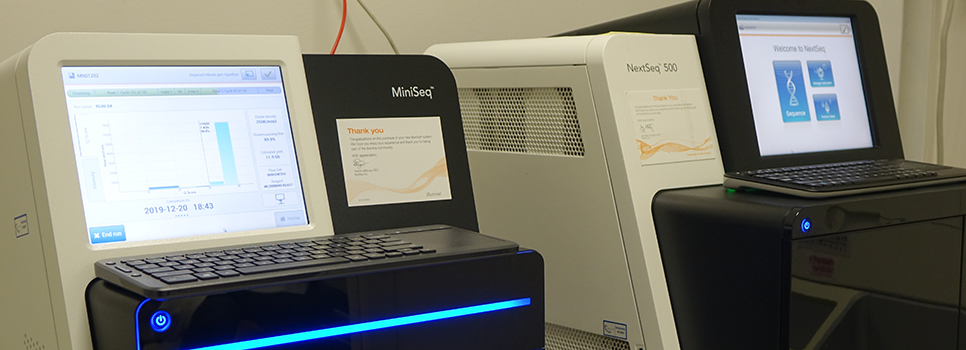WHOLE GENOME ANALYSIS AS A FUNDAMENTAL TOOL IN THE FIGHT AGAINST FOODBORNE DISEASES CAUSED BY LISTERIA MONOCYTOGENES

Two scientific papers show how complete sequencing of the bacterial genome can play a decisive role in the prevention of this pathology
Two researches conducted by the National Reference Laboratory for Listeria monocytogenes, Istituto Zooprofilattico Sperimentale dell’Abruzzo e del Molise, Italy, highlight how advanced genomic investigation techniques are a decisive weapon in the control strategies of listeriosis. Although rarer than other infectious diseases transmitted by food (such as salmonellosis), this bacterial infection causes the highest percentage of hospitalization and mortality.
First authors of the papers, published in the scientific journals Frontiers in Microbiology and Foods, are, respectively, Alexandra Chiaverini and Gabriella Centorotola. Researchers used Whole-Genome Sequencing (WGS) in order to accurately trace the origin of outbreaks and to improve surveillance at production, distribution and storage levels.
“WGS technology - says Chiaverini – is a very important tool in these cases. The complete sequencing of bacterial genome, together with classical epidemiological investigation, enable us not only to accurately trace the infection, but also to fully characterize the specific strain involved. This means knowing its degree of virulence and its resistances, both in terms of therapy in human cases and of cleaning and disinfection procedures used by food processing plants and along the distribution chain”.
“Listeria monocytogenes - adds Centorotola - is a bacterium with great adaptability. As an example, in a food processing plant we could find a particular strain, resistant to certain disinfectants. And we could discover that it is still viable after repeated cleaning and disinfection runs. Whole genome analysis will enable us to help that company in implementing specific interventions, if necessary by modifying HACCP self-control plan".
"The National Reference Laboratory for L. monocytogenes - comments Dr. Francesco Pomilio, Head of the Lab - in collaboration with the National Reference Center for Whole Genome Sequencing of microbial pathogens: database and bioinformatics analysis, uses the most advanced equipment to fulfil its mission of contributing to the “One health” vision and, at the same time, to benefit the whole community, including public and private stakeholders".
To learn more about listeriosis: https://lnr.izs.it/listeria/common/mostra_articolo.do?previouspage=1&id=15

- Alexandra Chiaverini, Gabriella Centorotola
Chiaverini, A., Guidi, F., Torresi, M., Acciari, V. A., Centorotola, G., Cornacchia, A., Centorame, P., Marfoglia, C., Blasi, G., Di Domenico, M., Migliorati, G., Roussel, S., Pomilio, F., & Sevellec, Y. (2021). Phylogenetic Analysis and Genome-Wide Association Study Applied to an Italian Listeria monocytogenes Outbreak. Frontiers in microbiology, 12, 750065.
DOI: https://doi.org/10.3389/fmicb.2021.750065
Centorotola, G.; Guidi, F.; D’Aurizio, G.; Salini, R.; Di Domenico, M.; Ottaviani, D.; Petruzzelli, A.; Fisichella, S.; Duranti, A.; Tonucci, F.; Acciari, V.A.; Torresi, M.; Pomilio, F.; Blasi, G. Intensive Environmental Surveillance Plan for Listeria monocytogenes in Food Producing Plants and Retail Stores of Central Italy: Prevalence and Genetic Diversity. Foods, 2021, 10, 1944.
Istituto Zooprofilattico Sperimentale
dell'Abruzzo e del Molise "G. Caporale"
Campo Boario | 64100 TERAMO | ITALIA
Telefono 0039.0861.3321 | Fax 0039.0861.332251
e-mail: archivioeprotocollo@izs.it
Posta elettronica certificata: protocollo@pec.izs.it
Partita IVA: 00060330677
Codice Fiscale: 80006470670


